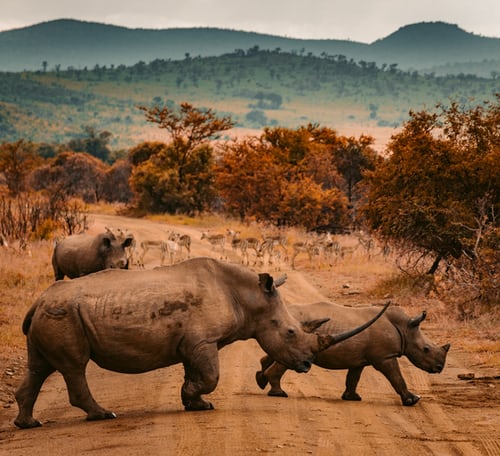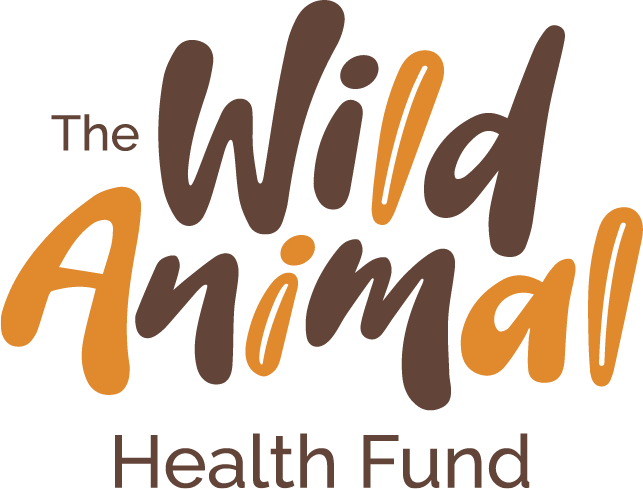Why are the Rhinos disappearing?

Today, three out of the five rhino species is considered Critically Endangered, or is facing extinction. So why are rhinos disappearing? The biggest threat is poachers killing the 5,000 pound creatures for their horns. A large percentage of this poaching has taken place in South Africa, home to most rhino species in the world. Their horns are used most often in Traditional Chinese Medicine, thought to help with things like: snakebites, hallucinations, typhoid, and several others. There is no medical proof that rhino horn provides any medical benefits. Additionally, poachers also take advantage of war zones that are unable to offer protection for the rhinos. Rhinos are also facing increasing human settlement of their natural habitat.
Currently, the Sumatran rhino and the Javan rhino are facing near extinction. There are an estimated 74 Javan rhinos left in in-situ habitats and less than 80 Sumatran rhinos. These numbers are dangerously low, but there is still hope for the species. The White rhino and the Greater One-Horn rhinos are a success story for animal health and conservation efforts across the globe. In the early 1900’s, the White rhino was nearing extinction with about 100 left in the wild. Now, the White rhino boasts about 18,915 in the wild, an exponential increase for the species. Similarly to the White rhino, the Greater One-Horn rhino was nearing extinction in the early 1900’s but has since increased to about 3,500 in the wild today. These increases give zoo veterinarians hope that the rhinos stop disappearing.

What can you do for the rhinos?
You can help rhinos in many ways, with the biggest being donations to animal health research and conservation efforts. The Wild Animal Health Fund is proud to have funded several rhino research grants, and with your help, we can continue funding those critical projects. Zoo veterinarians all over the world are fighting to save them and restore populations.
Visit our resources to learn the different ways you can support rhinos and other zoo animals and wildlife.
If the animals could say thank you, we know they would!
To stay updated on the Wild Animal Health Fund and for more information on Critically Endangered species, like us on Facebook and follow the Wild Animal Health Fund Instagram.
